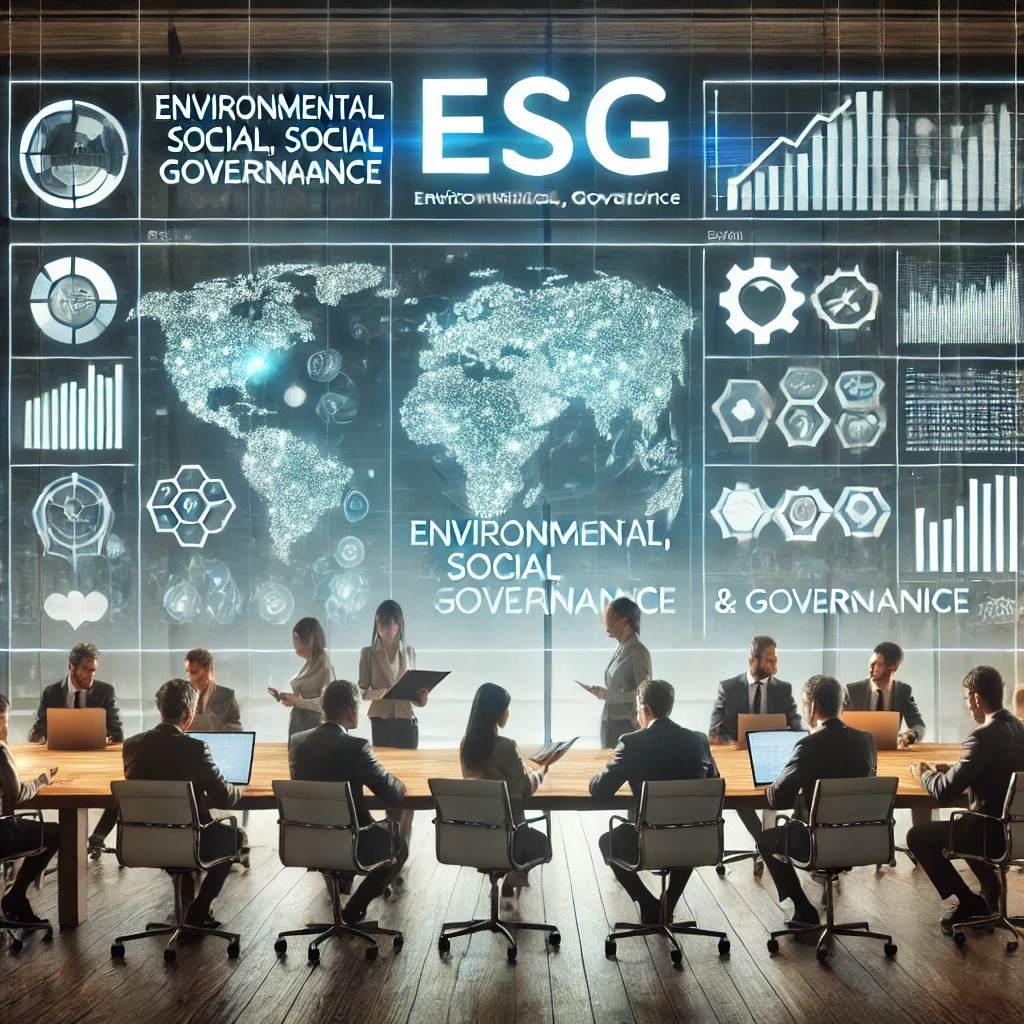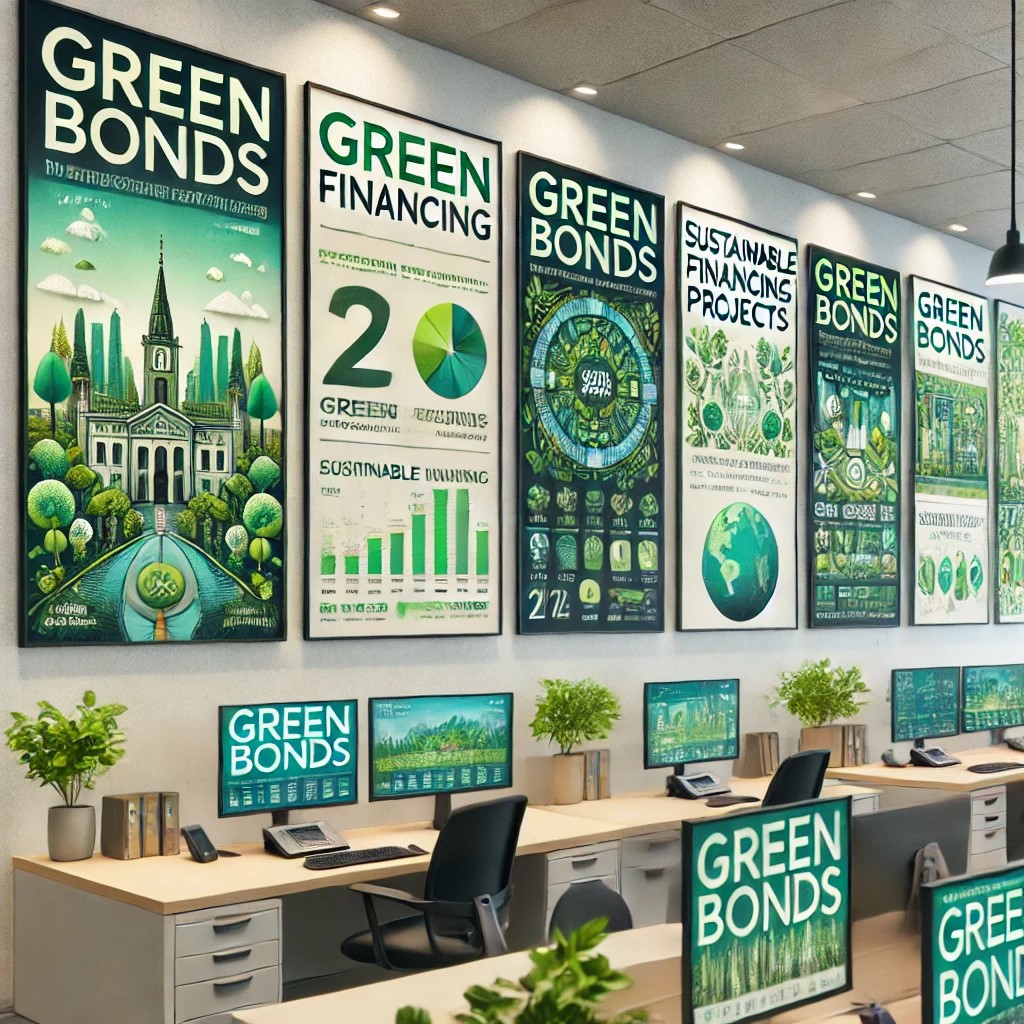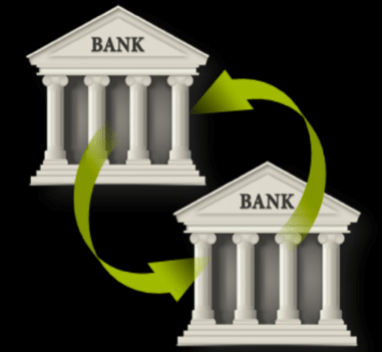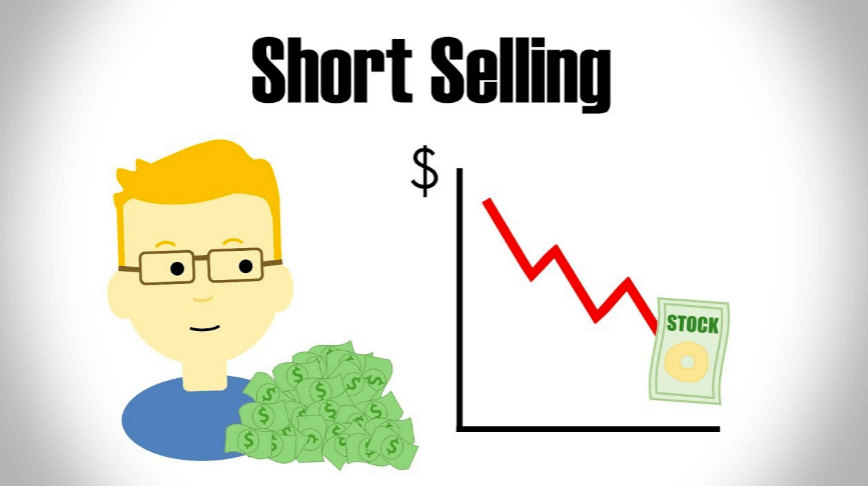Financial institutions play a pivotal role in steering the global economy toward sustainable development. By leveraging their resources and influence, these institutions can drive investments into projects that promote environmental stewardship, social equity, and economic prosperity. This article delves into the current trends and future predictions concerning the role of financial institutions in sustainable development, highlighting their impact and potential.

Current Trends
Integration of ESG Criteria: Environmental, Social, and Governance (ESG) criteria are increasingly being integrated into the investment strategies of financial institutions. ESG considerations help investors identify companies that are not only financially robust but also committed to sustainable practices. This trend reflects a growing recognition that sustainable business practices can lead to long-term financial returns.
Impact Investing: Impact investing has gained traction as investors look for opportunities that generate measurable social and environmental impact alongside financial returns. Financial institutions are increasingly offering impact investment products that cater to this demand, channeling capital into ventures that address critical global challenges.
Corporate Social Responsibility (CSR) Programs: Many financial institutions have strengthened their CSR programs, focusing on initiatives that contribute to sustainable development. These programs often include community development projects, educational initiatives, and support for local businesses, all aimed at fostering sustainable economic growth.

Future Predictions
Expansion of ESG Integration: The future will likely see even more comprehensive integration of ESG criteria across all investment decisions. Financial institutions will refine their ESG frameworks to better assess and manage risks related to climate change, social inequality, and governance issues. This deeper integration will drive more capital toward sustainable businesses and projects.
Innovative Financial Products: As the demand for sustainable investment options grows, financial institutions will develop innovative financial products tailored to sustainable development goals. These might include sustainability-linked loans, which offer better terms to borrowers who meet specific environmental or social targets, and climate resilience bonds, designed to finance projects that mitigate the impacts of climate change.

Increased Regulatory Support: Governments and international bodies are likely to introduce more regulations and incentives to promote sustainable finance. Policies that mandate ESG disclosures, provide tax incentives for green investments, and penalize unsustainable practices will further embed sustainability into the financial sector’s core operations.
Partnerships and Collaborations: Future trends will see financial institutions forming more partnerships with governments, non-profits, and other private sector entities to advance sustainable development. Collaborative efforts can pool resources, share expertise, and amplify impact, making it easier to tackle complex global challenges.
Conclusion
The role of financial institutions in sustainable development is both crucial and transformative. By integrating ESG criteria, advancing green bonds, and embracing impact investing, these institutions are driving significant progress toward a more sustainable future. As trends evolve and new innovations emerge, the influence of financial institutions will only grow, fostering a global economy that prioritizes environmental stewardship, social equity, and long-term economic prosperity. By continuing to leverage their resources and expertise, financial institutions can help create a world where sustainable development is not just an ideal but a reality.





